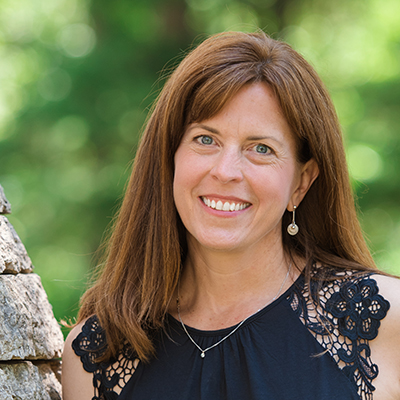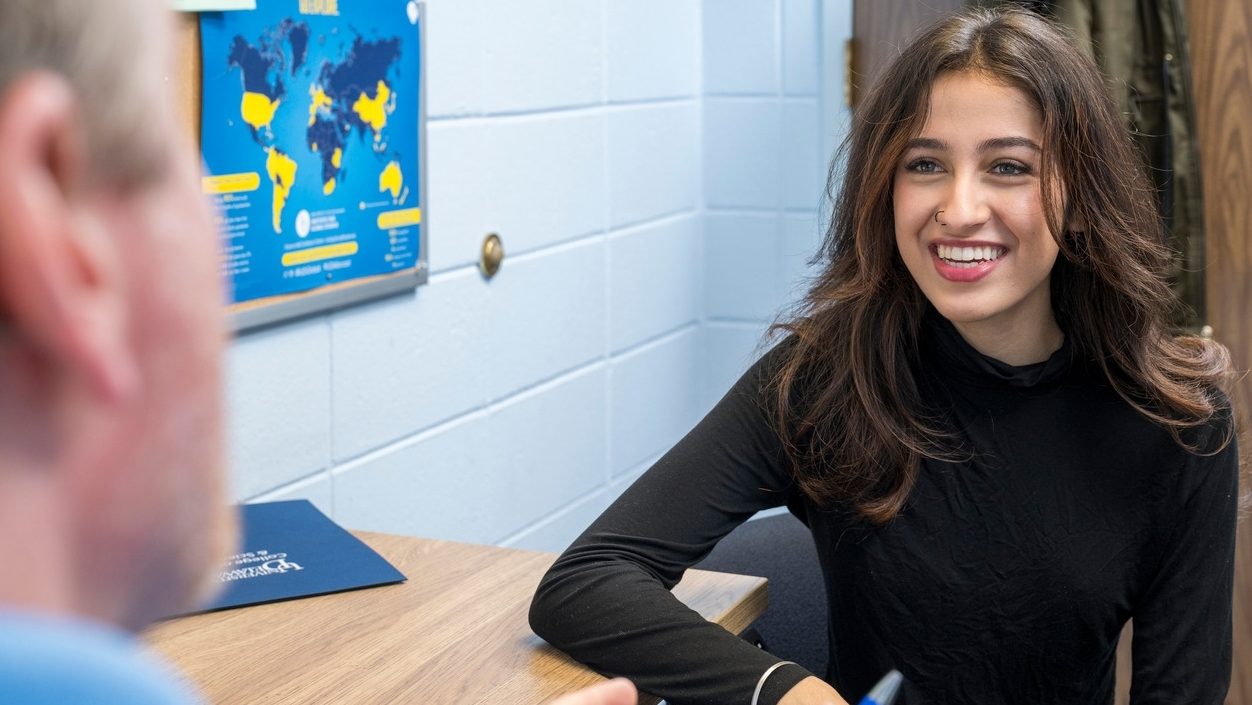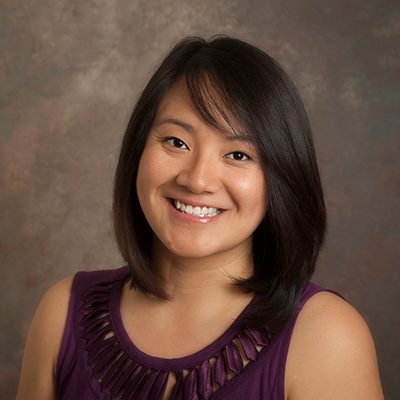
Undergraduate Programs

Welcome to the Department of Psychological & Brain Sciences
We provide students with an understanding of the principles of behavior, the scientific methods used to derive and refine those principles, and appropriate and novel ways in which to apply such knowledge.
Our alumni have forged careers in criminal justice, human resources, human services, and education. Graduates work at hospitals, correctional facilities, nonprofits, and social services organizations as project managers, marketing specialists, counselors, and health technicians. Those with advanced degrees have become attorneys, college professors, researchers, and psychologists.
Combining Majors and Minors
Many degree combinations are possible for psychology and neuroscience majors, such as earning a minor or a second major. Psychology and neuroscience complement the other social, behavioral, and life sciences including sociology, anthropology, criminal justice, communication, biology, and chemistry.
Check with advisors from each department to ensure your courses meet all degree requirements, especially if the academic program is part of another UD college. Also check with an advisor if your academic interests may lead to a double degree (bachelor of arts and bachelor of science degrees).
- Students may double major in psychology and neuroscience, with restrictions.
- Psychology majors may minor in neuroscience, with restrictions.
- Neuroscience majors may not minor in psychology.
What can you do with a degree in psychology or neuroscience?
Graduates with psychology and neuroscience degrees have found jobs in a variety of fields:
- Business — Specialize in corporate, sales, or retail management. Analyze data for run a focus group for a market research firm.
- Human resources — Train and retain employees.
- Human services — Work for a non-profit organization in fundraising, grant writing, or conducting outcome evaluations. Or work directly with populations of people in need.
- Health care — Help individuals with psychological disorders as a psychiatric technician at a hospital. Run group sessions and work with patients. In an outpatient or school-based program, work one-on-one with children with autism spectrum disorder.
Employers from a wide range of professions want to hire psychology and neuroscience majors because graduates offer the following useful skills:
- Liberal arts skills such as critical thinking, reading, writing, and analyzing.
- Research skills with a focus on people.
- Core knowledge about how and why people think, feel, and behave.
YouTube Link - Speech-related social anxiety: youtube.com/watch?v=pxFG1WIKdDk
Resources and opportunities
Get Involved
At the University of Delaware, psychology and neuroscience students build professional skills and pursue their interests through the Nu Rho Psi Neuroscience Honor Society as well as registered student organizations that represent UD as part of national nonprofit organizations and the Phi Delta Epsilon medical fraternity.
Advising
The Department of Psychological and Brain Sciences has multiple advisors for different types of issues. The academic advisor and academic program manager help you plan courses, solve registration problems, and explain UD's online resources. Our academic program directors for the neuroscience and psychology programs can answer specific questions about curricula, classes, and careers.
All first- and second-year students within the College of Arts and Sciences are assigned an advisor from the Student Success Center (SSC). Team members specialize in academic and advising services and co-curricular coaching.
In their third year, psychology and neuroscience students are assigned to a full-time faculty member within the department to assist them on their path to graduation. Faculty advisors and the director of advising can talk with you about big-picture issues like graduate school plans and career options.








